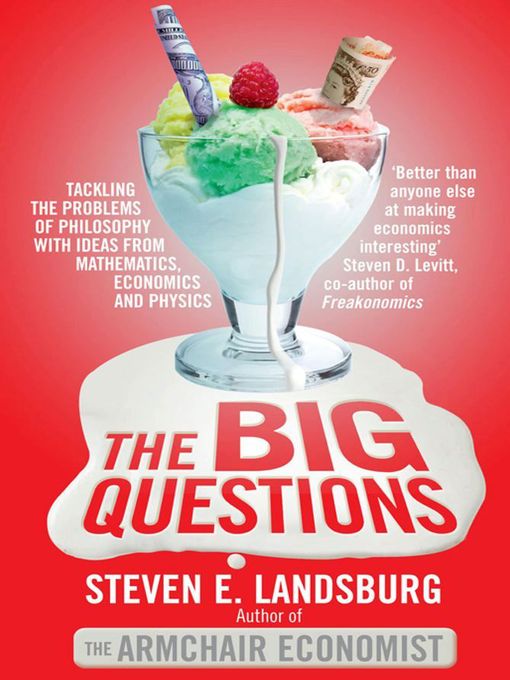How Google searches can predict economic indicators and give us an accurate picture of today’s economy
Up until recently, Central banks have only used official data when calculating and predicting economic indicators such as unemployment, housing starts and consumer confidence. However official data is published a significant time after it has been collected (usually at least a month) which means that bankers found it difficult to calculate up-to-date predictions. How could bankers determine the present and future state of the economy, using figures that were only a reflection of the past? As Brynjolfsson, a professor at MIT, said “When central bankers were looking at traditional data, they were essentially looking out the rear-view mirror.”
However research has emerged which suggests that by analysing Google searches, we can obtain a clear picture of today’s economy as well as being able to accurately predict future cycles. For example, when trying to estimate unemployment figures, researchers found that by calculating the proportion of Google searches which contained key words such as “JSA” (short for jobseeker’s allowance), “jobs” and even “solitaire”, they could accurately calculate figures that almost exactly matched the official data when it was published weeks later.


